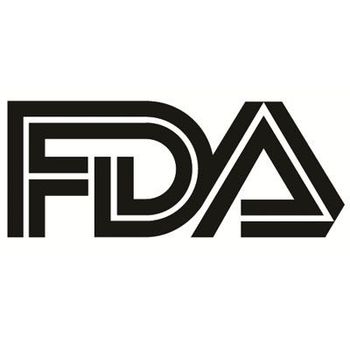
Renova Therapeutics is planning a 536-patient phase 3 trial, FLOURISH, to begin in early 2018.

Renova Therapeutics is planning a 536-patient phase 3 trial, FLOURISH, to begin in early 2018.

Researchers found that 2 naturally occurring molecules can make the process of cell generation faster and more efficient. This could have major implications for multiple sclerosis therapy research.

Maintenance therapy with elotuzumab (Empliciti) and lenalidomide (Revlimid) after autologous stem cell transplant improves the quality of response achieved with induction therapy in patients with multiple myeloma.

MMG49 has been identified as a monoclonal antibody that can be targeted using CAR T-cell therapy for patients with multiple myeloma.

A proof-of-concept study has demonstrated that resistance to treatment in multiple myeloma and mantle cell lymphoma could be linked to a protein called Nrf1, which appears to respond to proteasome insufficiency or pharmacological inhibition.

A much-anticipated session on the second day of the 59th Annual Meeting and Exposition of the American Society of Hematology provided long-term updates on trials evaluating 2 chimeric antigen receptor-T (CAR T) treatments: tisagenlecleucel or CTL019 (Kymriah) for the treatment of adult relapsed/refractory diffuse large B-cell lymphoma (DLBCL) and axicabtagene ciloleucel (Yescarta) evaluated in patients with refractory aggressive non-Hodgkin lymphoma.

Continuous lenalidomide therapy improves outcomes among patients with newly diagnosed myeloma who are not autologous stem cell transplant candidates, according to findings from a large phase III clinical trial.

A single treatment with a second-generation CAR T-cell treatment elicited an overall response rate of 94% in a small study of patients with heavily pretreated multiple myeloma, according to the results of a phase I study presented at the ASH Annual Meeting.

A potentially practice-changing study presented at 2017 ASH shows high rates of sustained complete response in patients with relapsed/refractory diffuse large B-cell lymphoma who were treated with CTL019 CAR T-cell therapy.

The CAR T-cell therapy tisagenlecleucel (Kymriah) achieved an overall response rate of 53.1% in adult patients with relapsed/refractory diffuse large B-cell lymphoma.

Treatment with the BCMA-directed CAR T-cell therapy bb2121 induced complete remissions for 56% of patients with relapsed/refractory multiple myeloma.

Lenalidomide (Revlimid) plus rituximab (Rituxan) is a feasible combination that is also safe and active, as initial and maintenance therapy for patients with mantle cell lymphoma.

Enzalutamide (Xtandi) added to exemestane improved progression-free survival in patients with hormone receptor-positive advanced breast cancer and no prior endocrine therapy who were positive for a gene signature-based biomarker indicating androgen receptor-signaling.

Noelle Frey, MD, discusses the FDA approvals of CAR T-cell therapies, as well as the bright future of the treatment.
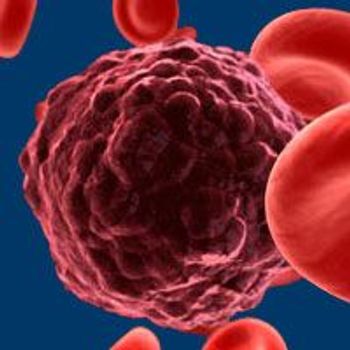
The FDA has granted a priority review to a biologics license application for mogamulizumab for the treatment of patients with cutaneous T-cell lymphoma who have received at least 1 prior systemic therapy.
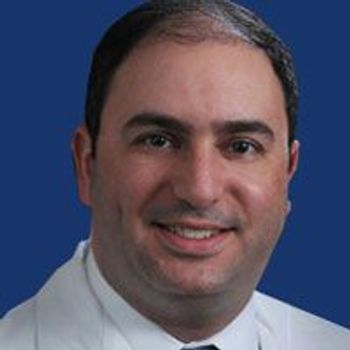
Dan T. Vogl, MD, highlights the potential with CAR T-cell therapy in the multiple myeloma paradigm.

Susan R. Rheingold, MD, discusses the impact of CAR T-cell therapy on patients with ALL and options for patients who relapse on treatment.
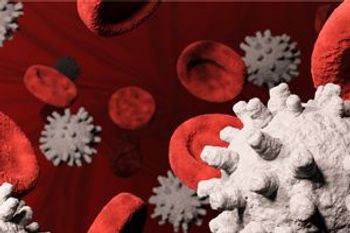
An early-stage trial in pediatric and young adult patients with relapsed/refractory B-cell acute lymphoblastic leukemia (B-ALL) has found that modifying the chimeric antigen receptor (CAR) T cells to target the CD22 receptor achieved remission.
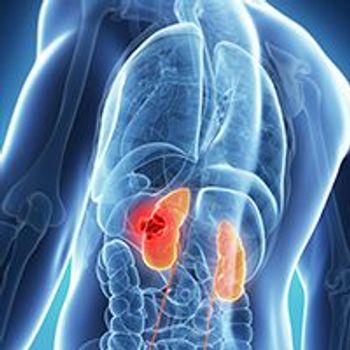
Patients with high-risk renal cell carcinoma who harbor early systemic dissemination with very poor survival prognosis may derive some benefit from adjuvant therapy.

The addition of incomplete metastasectomy to systemic therapy improved median overall survival by 3 months in patients with metastatic renal cell carcinoma.

The FDA issued new guidelines to speed up the review process for gene therapies; a new report calculates the potential societal benefits of eliminating the opioid epidemic; and one-third of Americans are unaware that the ACA's open enrollment season has begun.

The FDA has approved a new indication for sunitinib (Sutent) to include the adjuvant treatment of renal cell carcinoma in patients at high risk of disease recurrence following nephrectomy.

The FDA has granted the the anti–B-cell maturation antigen (BCMA) chimeric antigen receptor (CAR) T-cell therapy bb2121 a breakthrough therapy designation for previously treated patients with relapsed/refractory multiple myeloma.

The FDA has approved sunitinib (Sutent) for use as an adjuvant therapy in patients with renal cell carcinoma who have received nephrectomy and are high risk for recurrence.

Sarah K. Tasian, MD, discusses the success of CAR T-cell therapy, as well as novel agents and immunotherapies that appear promising in the treatment of children with leukemia.
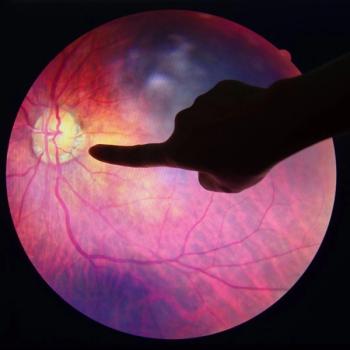
The retinal injection therapy could be capable of replacing damaged cells integral to eye vision.

Owen A. O'Connor, MD, PhD, discussed the utilization of acalabrutinib (Calquence), how it sequences with other approved therapies, and the promise for chimeric antigen receptor T-cell therapy in mantle cell lymphoma.

The European Medicines Agency’s Committee for Medicinal Products for Human Use has recommended approval of brentuximab vedotin (Adcetris) in adults with CD30-positive cutaneous T-cell lymphoma after at least 1 prior systemic therapy.

Luxturna, an injection therapy, helped genetic vision-loss patients navigate mazes in a phase 3 trial.

The high rates of cerebral edema seen with JCAR015 in the phase II ROCKET trial were attributed to early and rapid chimeric antigen receptor (CAR)-modified T-cell expansion and a rise in interleukin-15 levels, a finding that could help inform future CAR T-cell usage.